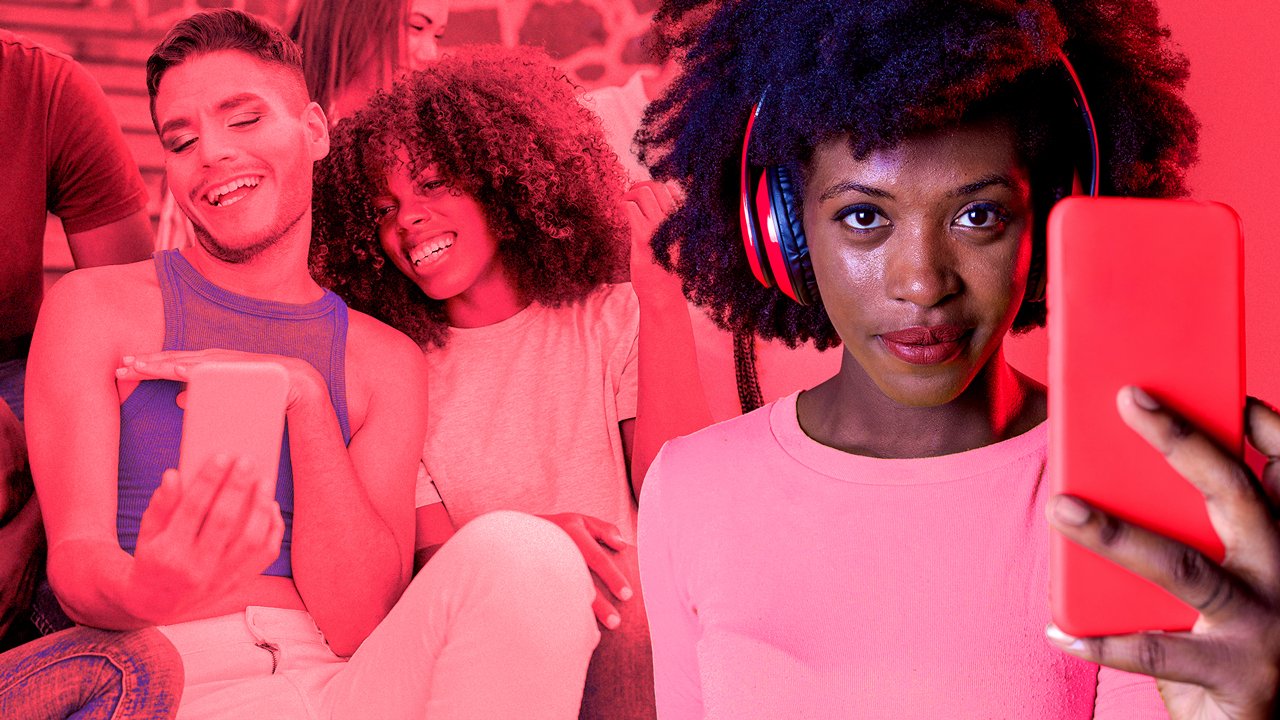Marketers And Consumers Don’t See Eye To Eye On Diversity In Influencer Content – AList
BY Nina Aghadjanian
According to Takumi’s latest white paper, “Influencer Marketing in the Post-Pandemic Era,” consumers and marketers are at odds about whether influencer content adequately represents diversity in society. While two-thirds of marketers (62 percent) believe there is adequate representation, less than one-third of consumers (28 percent) agree.
Studying 3,000 brands, creators and consumers in the US and UK, Takumi set out to understand the evolution of the relationship between brands and creators as marketers have amped up their influencer campaigns over the past 18 months. Its study found that roughly 70 percent of marketers are more likely to utilize influencers in their campaigns after the pandemic.
Takumi’s study revealed a similar disconnect exists in influencer content between consumers and marketers regarding the representation of underrepresented or marginalized communities. For example, 30 percent of US and UK consumers and 67 percent of marketers believe that influencer marketing content did a more adequate job at representing these communities as compared to traditional brand-owned channels. Forty percent of respondents between 16 and 24 years old and 43 percent of those between 25 and 34 years old believe there is adequate representation in influencer content of these marginalized communities.
Takumi managing director Sara Joy Madsen advises that diversity and inclusion be at the heart of any conversation between brands, agencies and influencers. She recommends that agencies employ diverse teams, introduce equal and fair pay for BIPOC influencers and improve disabled creators’ profiles.
According to UK creator Juliet Uzor, in order to improve diversity and inclusion, greater representation in influencer content can only come from brand decision-makers. Members of the public should be seeing people from all backgrounds, abilities, sizes and dispositions on their devices so that it becomes the norm, she notes.
The pandemic and the subsequent decrease in opportunities to market through channels like out-of-home (OOH) and print forced brands to delve into influencer marketing. Seventy percent of marketers are now more likely to use influencers in brand campaigns as 69 percent reported that influencer marketing budgets have grown.
Additionally, 59 percent of marketers are now using more ecommerce tools in their influencer marketing activity as compared to 2020. The effectiveness of influencer marketing in converting 16- to 24-year olds rose to 57 percent, and 25- to 34-year-olds to 61 percent. Rates of conversions among individuals 55 and over almost doubled between 2019 (13 percent) and 2021 (24 percent), according to Takumi’s research.
Fifty-six percent of US and UK consumers engaged more with YouTube than they did at the start of the pandemic, making the platform the most effective channel in the context of engagement. The next most-engaging platforms were Instagram (48 percent), TikTok (37 percent), Snapchat (32 percent), Pinterest (29 percent), Twitch (26 percent) and Triller (21 percent).
Takumi’s data show that branded content, engagement and consumer spending grew across a range of channels and sectors. One reason for this: a rise in consumers’ engagement with creators’ content, which as a result caused their confidence in those channels to grow. This also caused marketers’ faith in influencer marketing to increase as they diverted budgets away from traditional channels and into influencer marketing.
According to Jim Meadows, chief strategy officer at Takumi, as the influencer marketing industry continues to grow, it must address issues surrounding diversity and inclusion and trust and transparency in order to “cement its position as the most effective marketing channel,” he said.
The Five C’s Of Marketing With Emburse’s Grant Johnson
Grant Johnson is the CMO at Emburse, a spend management company offering solutions that help organizations…
BY Alan Hart|
What We’re Reading—Week Of October 26th, 2021
YouTube Gets Serious About Podcasting The Verge Google has hired Kai Chuck to manage its “large…
BY AList Staff|
Meta Elevates Michelle Klein To Vice President, Global Business Marketing
This week in leadership updates, Meta has promoted Michelle Klein to vice president of global business…
BY Nina Aghadjanian|
© 2021 AList
AList is part of the a.network,
a Communication Orchestra
We are committed to protecting your data. As part of this commitment, we’ve updated our Privacy Policy to make it clearer and easier to understand. No action is required on your part, but we encourage you to read and become familiar with our updated policy and Terms Of Service.
Thank you for your continued support and readership.
-The AList Team



